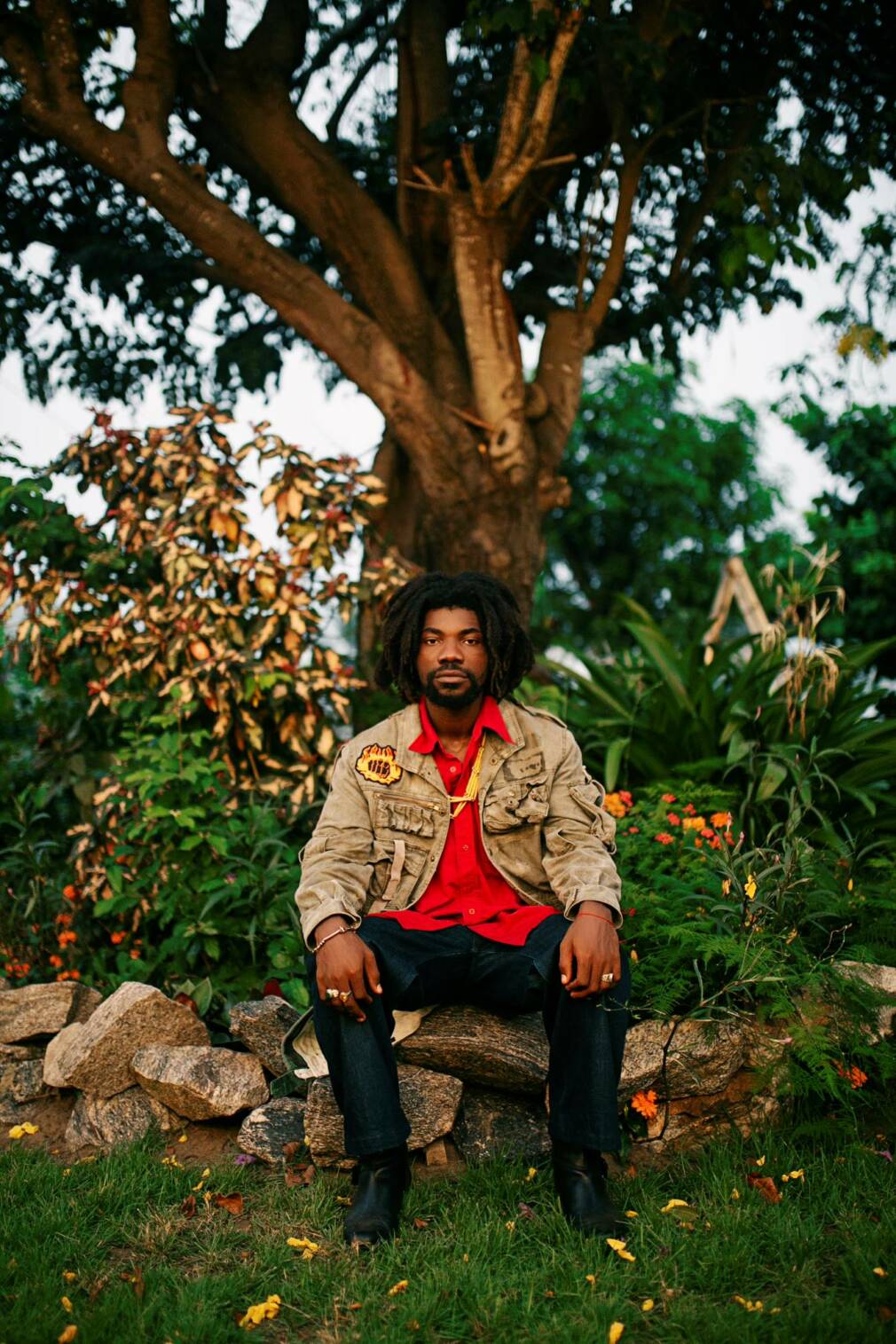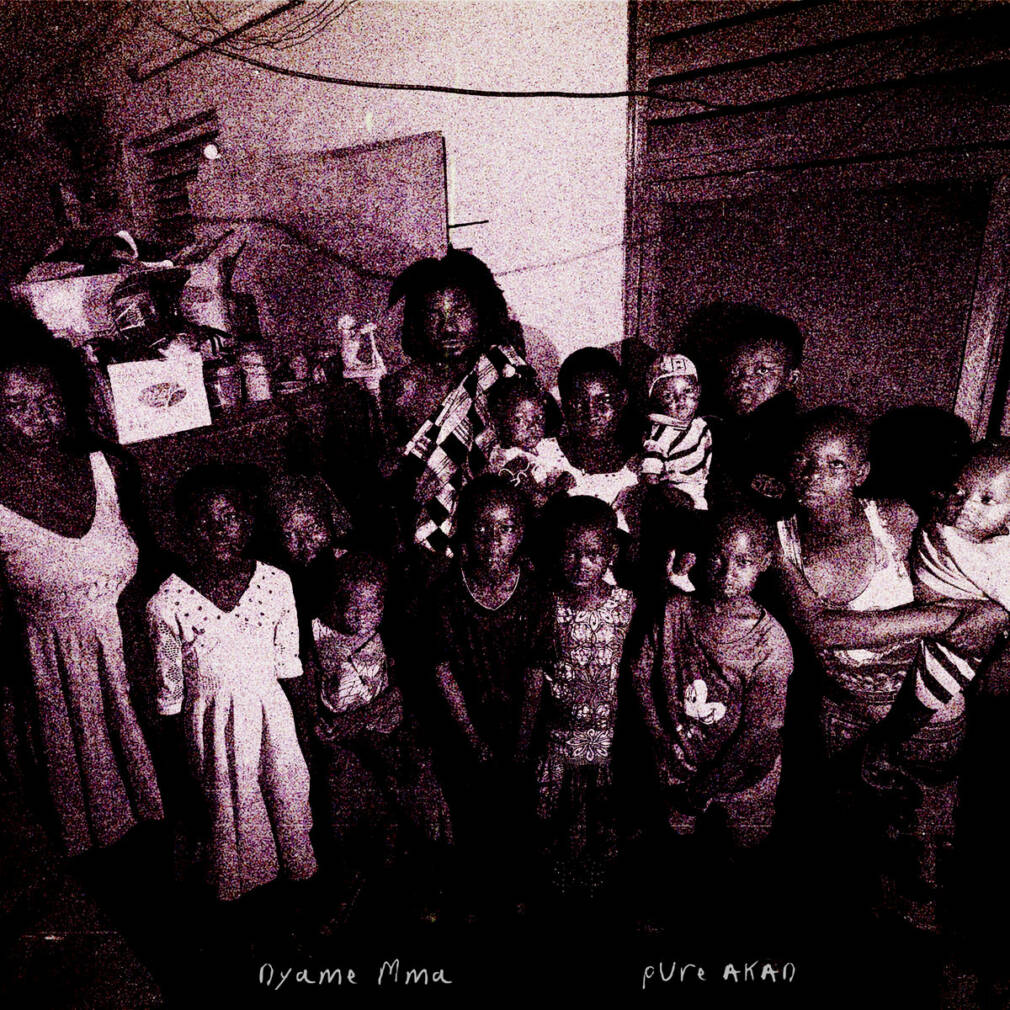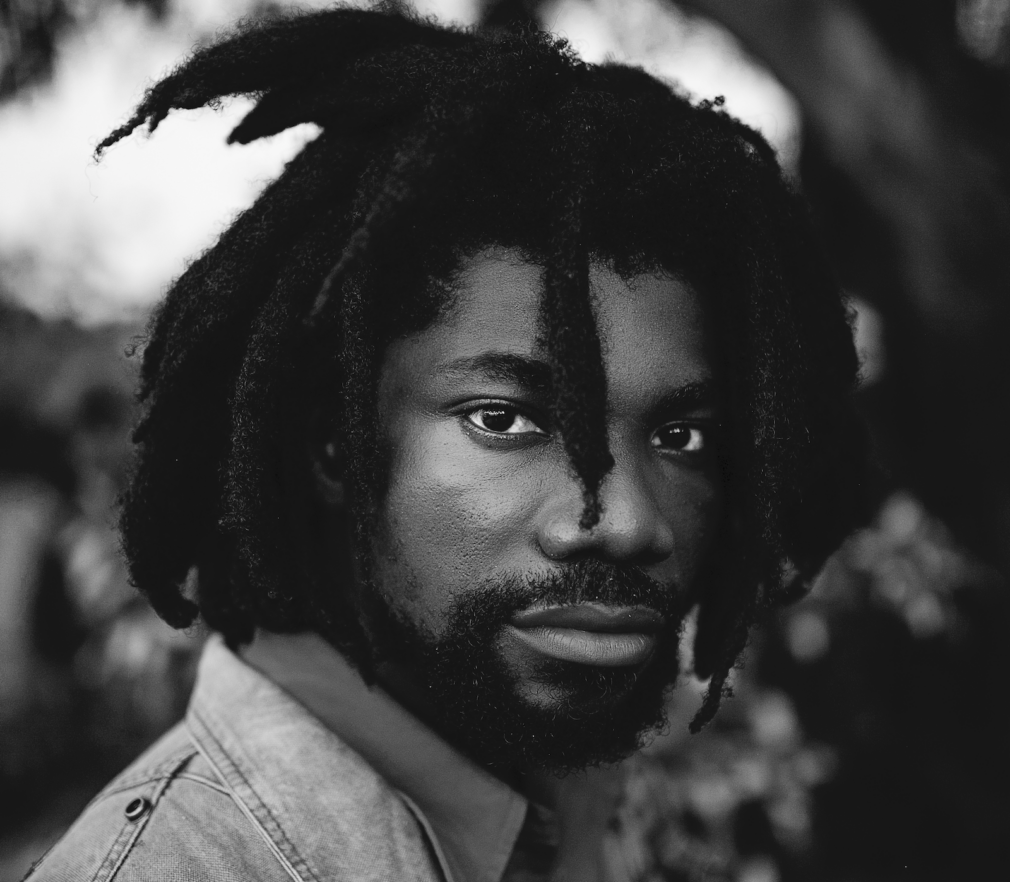Pure Akan, born Nana Kwabena Appiah in February 1990, is a hiplife and highlife musician from Kwahu on the eastern side of Ghana known for his linguistic prowess and appreciation of culture. With his trademark use of Twi, a primary dialect of the Akan people, one of Ghana’s largest ethnic groups, Pure Akan embodies the rich dialect and culture fighting for its place in the Ghanaian music machine. Releasing his first self-titled EP Akan in 2015, and following it up with his 2017 project Onipa Akoma, literally translated as “human heart”, Pure Akan quickly made waves as a new voice in the scene. The latter was termed an “instant classic”, given his ability to combine poetic storytelling with indigenious Ghanaian rhythms that brought cultural significance to his work and set him apart from his peers.
Akan’s new fusion of highlife, hiplife and rap came to stay, earning him comparisons with the greats that came before him. While hiplife legend Okomfour Kwadee projected the style of an “Okomfo” or “chief priest” and his contemporary Obrafour played the persona of a warrior perfectly in his time, Akan has a different take. Instead, Akan’s lyrics are comparable to that of a chief linguist; accurate, concise and well structured and either open to interpretation or very specific. It’s no surprise then to learn Akan’s grandfather was a chief linguist from whom the artist inherited philosophy, projection and much more.
His latest project, the 2021 album Nyame Mma, translated as “children of God”, was received with mixed reviews from both fans and critics. From the experimental opener of crickets and choral chants and the old school Fra Fra take on tracks like “Mensesa Me Ho” it is clear that Akan is an artist in control of his craft.
PAM sat down with Pure Akan to talk about his thought process, his recent album Nyame Mma, and the meaning behind his artistic direction.
You were called ‘Kwabena Shy’ back in the day, adopting more of an English take… what influenced the change in style and dialect?
I realized “Kwabena Shy”, which was a name from high school, didn’t have enough depth, or a story behind it. Later, I found myself in a place where I was fully embracing my roots. It was a long process though. I only recently changed my name from Bernard to Kwabena Appiah. Embracing my culture led me to change not only my name but my style and approach to music, my look and even my general outlook on life. I also realized I was very fluent with the Akan language. It created a connection between me and my people, the Akan people and also our culture. My fans relate better. They understand me now.
Your latest album is titled Nyame Mma. Take us through the process of choosing the name.
Nyame Mma literally translates to “children of God’. I was at a stage where I wanted to do something about how Africans or black people in general were sort of looked down upon or felt perceived in various parts of the world. I wanted my people to become self-aware and appreciate where they come from. A lot of people don’t even know science has proven the first living man was black but history and time has altered the image of the black man. I feel like it’s my mission to convey that message to all my people all over the world. That whole theme led me to choose the name, “Nyame Mma”.
“Mensesa Me ho” which is the Akan translation for “I’ll never change” is the lead single of your album and is one song that’s getting airplay all over the country… What’s your take on how fans are receiving the song?
“Mensesa me ho” basically means “I’m not changing” and I wanted that theme to drive the album so I’m not surprised at the reception it’s getting. The theme I wanted to create for this album was that of staying true to oneself and your roots, becoming aware of the true strength that is within and conquering fear. I even have a video for the song ready to be released soon so that’s my next drop. My fans should look out for that one…I want that song to enter more places worldwide, it has a global appeal.
Track 6 and 7 (“Asɛm A Esii Kɔyɔbɛda (Baako)” and “Asɛm A Esii Kɔyɔbɛda (Mmienu)”) on the album are two parts of a folk story with parts where you actually narrate the story… What encouraged this approach?
My aim has always been to leave the world a better place for the next generation and a very effective way of doing that is educating my people. I realized one beautiful tool Akans used back in the day was educating its people using folk stories, proverbs and poetry. Most Africans both old and new generation grew up listening to different forms of folk stories and thus they understand and easily relate. This drove me to use this method and it has proven to be very effective for me. At first I wanted to use a different story but I finally decided on using the Ananse story because it was the most relevant story universally and had the advice and life lessons I wanted to project. Most importantly, it represented the Akan culture.

You seem to have a certain criteria for picking the features you have and the producers you work. What informs your decision in picking who to work with?
It’s about connection. How they create sound, how that sound makes me feel, the way I feel around them. Twisted Waves, Yung Fly and Mike Millz are producers I feel understand my sound.
You always try to convey different messages in your music. What message are you trying to put across in this album?
The foundation of music is the message. That’s why artists like Fela and Bob Marley are as relevant today as they are the day they first released. The message will make it last. The musicscape may change from time to time, but truth never changes. I want the next generation to be affected positively by my message for many many years to come. When I first came out with my “Akan EP” people compared me to Obrafour. With tags like that, I can’t afford to slack. *laughs*
What’s your take on hiplife music and how it has evolved in our time?
The first ever hiplife artist I listened to was Obrafour. He represented everything I respected culturally. I also listened to Kwadee and Lord Kenya. From its inception hiplife music, being a combination of hip-hop and Ghanaian highlife, has always been very malleable, very prone to change. Artists like Black Sherif and I have a more modernized hiplife form. Unfortunately the hiplife scene hasn’t been attractive, thus, more artists are opting to do Afrobeat or some form of hip-hop. I just wish Ghanaian artists supported each other more. The kind of growth we’re looking for will only come when we support each other and our executives and management teams accept to learn and collaborate amongst themselves both locally and internationally. We’ve evolved but there’s still a lot we can do.
What do you think it is that sets you apart?
My music is well defined. First thing you hear when you listen to my music is you hear my uniqueness. I represent culture and have an ability to blend culture and music perfectly. Unlike other music, my music is both entertaining and educational. I aim to change the stereotype that the black man is inferior, you hear that in my music. My music has poetry, folk stories, and other elements other artists don’t really have. It’s all in the detail.
What kind of impact do you want your art to have in society?
I want to inspire people from all over the world to want to do greater things. My dream is to create a community or a creative hub or even like a record label where we can unearth the next Akan and more.
Nyame Mma, out now via A-Level.





